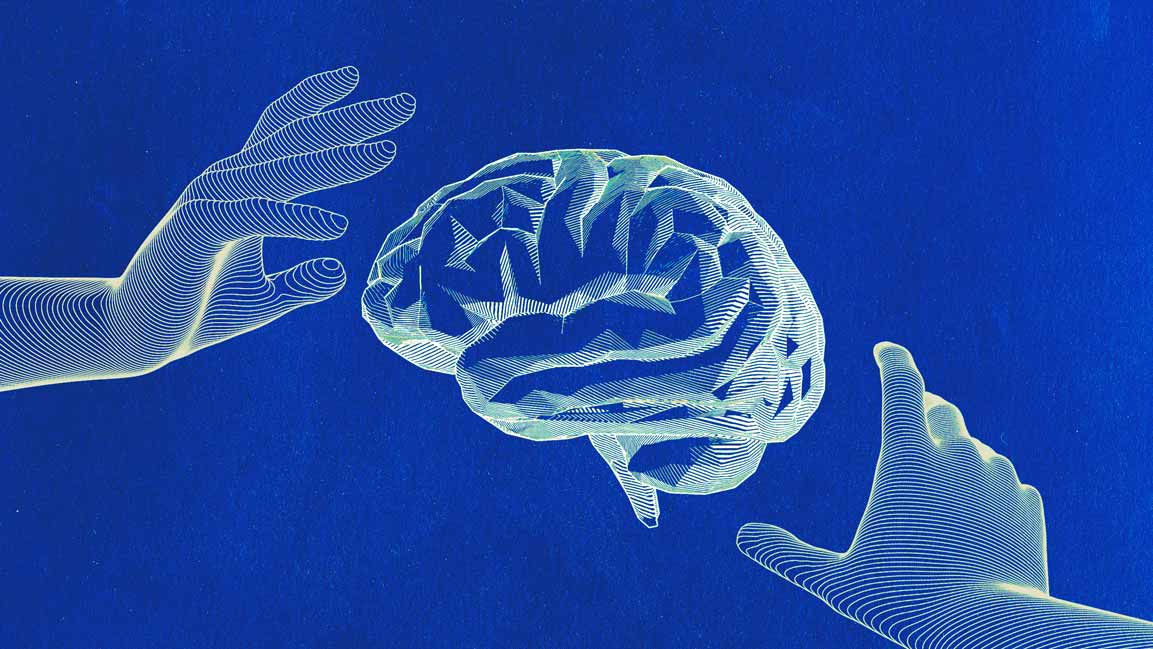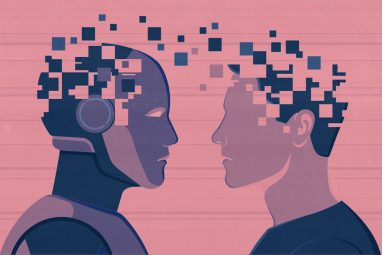ChatGPT Users Show Lower Brain Activity and Recall, Study Finds
People who rely on ChatGPT to help write essays may be engaging their brains less, remembering less, and learning less than those who work without digital tools, an MIT-led study showed
News
- Adani Power Sets Up Nuclear Subsidiary
- Musk Unveils xAI Overhaul, Lunar AI Ambitions
- Former GitHub CEO Dohmke Raises $60 Million to Build AI Code Infrastructure
- Leadership Shakeup Deepens at xAI as Two Co Founders Exit
- India Slashes Social Media Takedown Window to Three Hours
- Cisco Moves to Relieve AI Data Center Gridlock With New Chip

People who rely on ChatGPT to help write essays may be engaging their brains less, remembering less, and learning less than those who work without digital tools, an MIT-led study showed.
Researchers assigned 54 participants to one of three groups: one group used ChatGPT (a large language model by OpenAI), another used traditional search engines like Google, and a third worked entirely unaided.
Each participant wrote essays over three sessions using only their assigned method. In a fourth session, some users switched methods to test how their brains adapted.
To measure brain activity, scientists used EEG (electroencephalography) to record signals from participants’ brains as they wrote. They also interviewed participants after each session and had their essays scored by both human teachers and an AI judge.
The results showed a clear pattern: the more technological help users received, the less their brains worked. The brain-only group showed the most widespread and intense brain activity. Those using search engines had moderate brain engagement. The group using ChatGPT displayed the least.
In the fourth session, participants who had used ChatGPT and were then asked to write without any tools struggled to re-engage their brains. Their neural activity remained low, especially in areas linked to memory and focus.
In contrast, users who switched from writing unaided to using ChatGPT showed more visual processing activity—likely because they were now reading and evaluating machine-generated text.
Participants who used ChatGPT also had trouble remembering what they wrote. When asked to recall or quote parts of their essays, they often could not. They also said they felt less ownership over their work.
The search engine group reported a stronger sense of authorship, but the highest was in the brain-only group.
Over the course of the four-month study, the ChatGPT group scored lower in every area: quality of writing, memory recall, and brain activity, the study showed.
The search engine group, while still relying on outside help, showed better brain activity and memory than the ChatGPT group. This may be because search engines still require users to browse, read, and choose—whereas ChatGPT provides entire answers with little effort from the user.
The study offers early but vital insight into how AI tools may affect learning. While many users find ChatGPT helpful, it could cause the brain to disengage in key areas related to memory, reasoning, and ownership—especially when overused.






